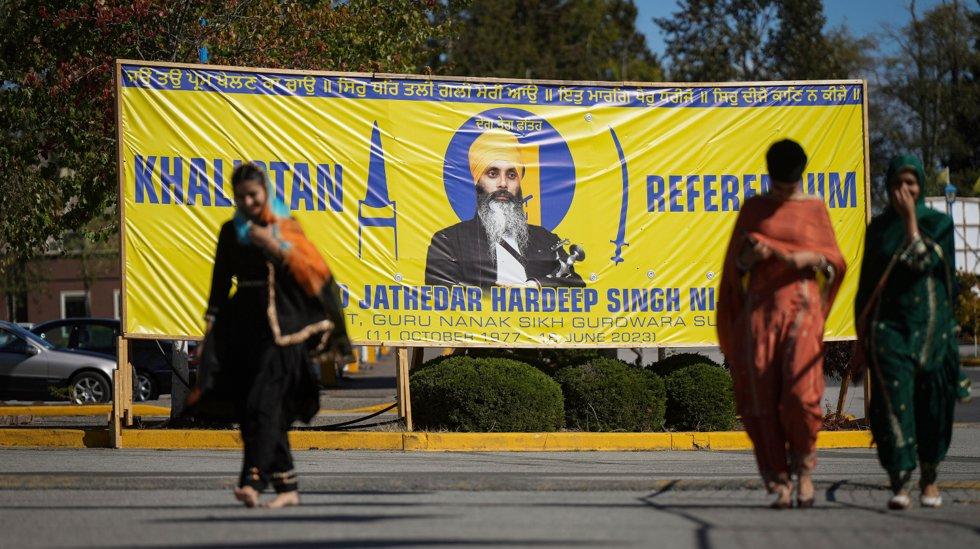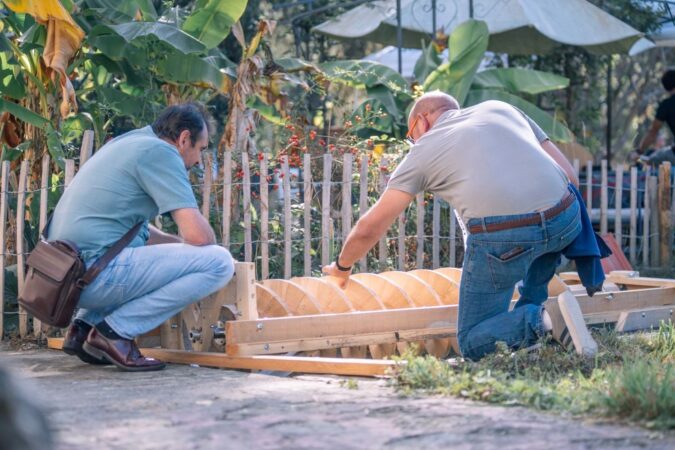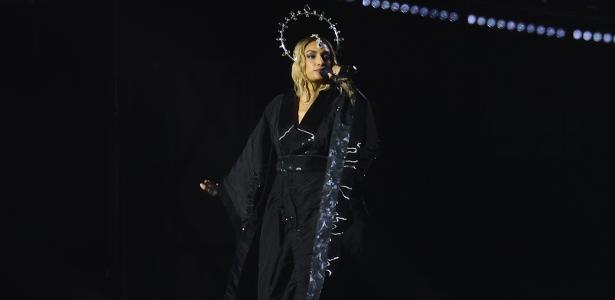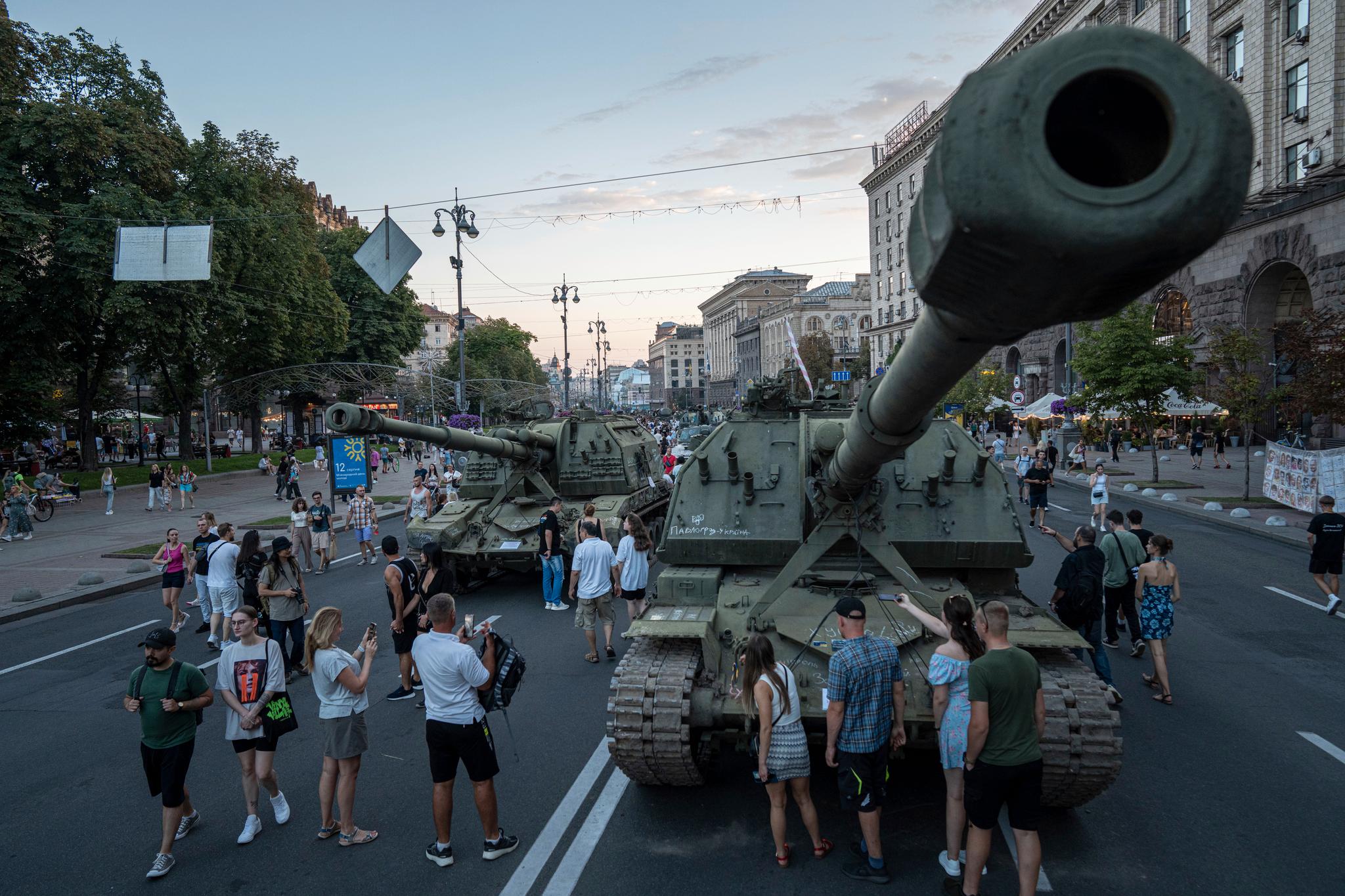What war should we prepare for? Planners in the West need to think carefully, says Michael Jerstad, a defense analyst at the International Institute for Strategic Studies.
Devastating Russian artillery is displayed in Kiev city center in August. Russia uses huge amounts of material in Ukraine. It has consequences for the rest of Europe.
The short version
- Many countries in Europe are working to strengthen defense and the defense industry. This includes Norway.
- But Russia is also using its old stockpiles of weapons. They do not have the capacity to carry out a conventional attack against other countries in Europe in the first place, according to a defense analyst.
- Thus, Western countries are in trouble. Should they prepare for more realistic hybrid threats such as cyberattacks and sabotage, or attacks that could have greater consequences, such as large-scale war?
The summary is created with the help of artificial intelligence (AI) and quality guaranteed by Aftenposten journalists.
The pendulum swung suddenly and violently. From small “surgical” special operations abroad, the focus in the West returns to old industrial warfare using tanks and artillery.
Many countries in Europe now have goals to strengthen defense and the defense industry. The reason is the large-scale Russian invasion war in Ukraine. Norway is no exception.
Critical voices warn that things are taking too long. Russia has proven to be a real threat. The shortage of artillery ammunition, for example, is fraught with danger. Stock is depleted faster than it can be replenished.
But what kind of war should Europe prepare for?
Eats from old weapons stock
Michael Gerstad is a defense analyst at the think tank of the International Institute for Strategic Studies (IISS) in Berlin. Its focus is on Russian military and ground power in the Nordic region.
The Ukraine war has not only eroded Ukrainian and Western weapons stocks. Russia is also feeling the effects, according to Jerstad.
– The longer the war lasts, the worse it will be for Russia, he tells Aftenposten.
At least as long as the West continues to support Ukraine, he asserts.
– I would argue that the Russian forces now, as well as in the coming years, are disarmed: they do not have enough tanks. They do not have enough armored combat vehicles.

Russian forces were attacked near the village of Kuzmin in Luhansk, eastern Ukraine. The image is from a video shared on August 17.
Russia is working its way through its old stockpile of Soviet-era weapons:
- Satellite images show the disappearance of large quantities of tanks and artillery systems from warehouses, without being replenished.
- Armored vehicles in inventory may lack spare parts. There is a long line in front of the factories where they are being modernized.
- The defense sector suffers from a shortage of hundreds of thousands of workers, according to Russian media.
– Indicates that they are having problems keeping their strengths intact. One can wonder if there will be rebuilding in the future, says Gerstad.
However, he warns against underestimating Russia.
Putin gets help from Iran and North Korea
First, the country has a large defense industry. Secondly, the country also receives assistance from allies. From Iran, Russia received cheap drones that played an important role in air strikes against Ukrainian infrastructure.
Recently, North Korean leader Kim Jong Un and President Vladimir Putin visited Russia. They did not answer whether they had concluded an arms deal. But rumors spread.
US authorities said on Friday that about a thousand containers of North Korean ammunition and other military equipment had been delivered to Russia in recent weeks. The issue has been discussed before Washington Post.
-
Russian President Vladimir Putin received North Korean leader Kim Jong Un at Vostochny, a launch base for spacecraft and satellites, in eastern Russia on September 13.Photo: KCNA/Reuters/NTB -
A satellite image shows a railway facility in Tumanggang, North Korea on the border with Russia on October 5. Satellite images show a sharp increase in train traffic between North Korea and Russia.Photo: Planet Labs PBC/AP/NTB
The Russian threat has led to widespread rearmament in Europe. In Norway, the government intends to increase the defense budget for next year by 15 billion Norwegian kroner, to reach more than 91 billion Norwegian kroner.
– In 2024, priority will be given to more people in the armed forces, strengthening emergency stocks, strengthening the National Guard, receiving allies and situational awareness in the North, Defense Minister Björn Arild Gramm said at a press conference. press release When the proposal was submitted earlier in October.
But what kind of conflict should we prepare for?
Standing in a difficult dilemma
– Russia’s problem is that even if it wanted to attack NATO, it does not have the ability to do so now, says Gerstad.
He adds: “I think that the most realistic threats currently for NATO, or at least for the Scandinavian countries, are hybrid threats.”
Hybrid threats can be espionage, sabotage, computer attacks, and disinformation. The risk is highlighted in threat assessments for both the PST and the e-service. In the Nordic countries, people are concerned about acts of sabotage targeting energy infrastructure, cables and pipelines on the seabed, among other things.
In October, for example, a Finnish pipeline was damaged. It is still unclear whether this was an act of sabotage and who was behind it.

A Finnish Coast Guard ship patrolled the area where the pipeline was damaged in the Gulf of Finland on October 11.
But this poses a dilemma for the defense and authorities.
Are you preparing for the most realistic war, or the one that could have the greatest consequences? asks Gerstad.
It’s time to think about it
Shortly after the Russian invasion of Ukraine, Europe appears to have agreed to major changes in its defense policy. But many believe things have moved too slowly. Some have renamed the German turning point “zeitenwende” to “zeitlupenwende,” meaning slow change.
In Norway, Knut Storberget, who chaired the Defense Committee, criticized the government’s use of time.
Michael Jerstad agrees that it took some time to turn things around in Europe. For example, the shortage of defense personnel is a major problem in many countries.
At the same time, it can have some advantages that the processes take time. Especially since many things now indicate that the war in Ukraine will continue for a long time, and that many elements of the war are changing. It gives Western planners the opportunity to review their plans, according to Jerstad.
– But I think the danger, and this is particularly clear in Germany, is that this thinking about the nature of war can also be seen as reconciliation with the situation. You feel like you have everything under control, says Gerstad.

“Organizer. Social media geek. General communicator. Bacon scholar. Proud pop culture trailblazer.”









More Stories
Indians arrested for killing Sikh leader in Canada
A major fire in a metal factory in Berlin
Denmark raises abortion cap – NRK Urix – Foreign news and documentaries